News
-
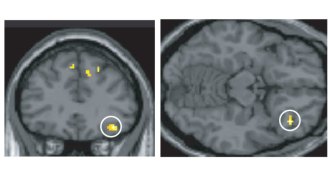 Neuroscience
NeuroscienceBrain regions linking odors to words pinpointed
Scientists have pinpointed two brain regions involved in linking odors to their names, with implications for why smells are hard to identify.
-
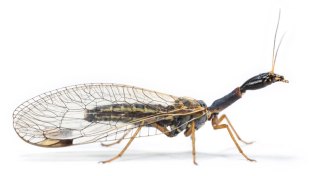 Life
LifeEpic worldwide effort explores all of insect history
A whopper of a genetic analysis fits all living orders of insects into one genealogical evolutionary tree.
By Susan Milius -
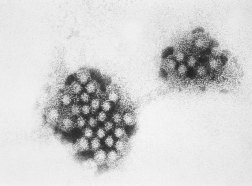 Life
LifeNorovirus grown in lab, with help from bacteria
Norovirus, famous for sickening cruise ship passengers, has finally been grown in human cells in a lab, offering scientists a chance to test new therapies.
By Meghan Rosen -
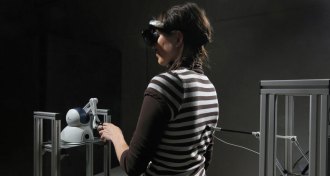 Psychology
PsychologyWith a tap on the back, researchers create ghostly sensation
Experimentally induced illusion probes supernatural experiences, hallucinations.
By Bruce Bower -
 Materials Science
Materials ScienceBatteries become safe to swallow with spongy covering
Quantum-inspired coating switches from a conductor to an insulator to prevent injury from swallowed batteries.
By Beth Mole -
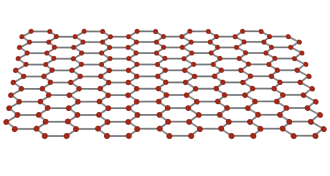 Materials Science
Materials Science‘Impermeable’ graphene yields to protons
Graphene sheets, impermeable to all atoms and molecules, can be penetrated by protons, new study shows.
By Andrew Grant -
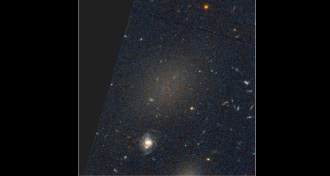 Astronomy
AstronomyNearly starless galaxies found in nearby cluster
Astronomers have found 47 galaxies with relatively few stars, something not predicted by any galaxy formation theories.
-
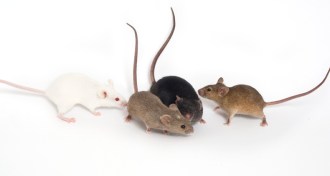 Genetics
GeneticsGenes influence Ebola’s impact
A study in a diverse strain of mice shows how the effect of an Ebola infection can depend on genes.
By Meghan Rosen -
 Health & Medicine
Health & MedicineDengue vaccine offers partial protection
Shots reduce severe cases of dengue among children in large study in Latin America.
By Nathan Seppa -
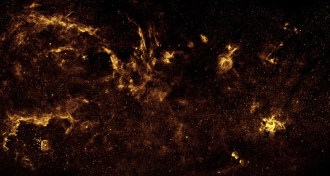 Cosmology
CosmologyGamma rays offer mixed messages on identity of dark matter
Conflicting results from Fermi telescope puzzle astronomers about dark matter’s true identity.
By Andrew Grant -
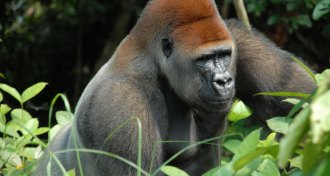 Life
LifeGut microbes less diverse in humans than in apes
An analysis of gut bacteria shows that humans have evolved to possess less diversity in microbe populations.
-
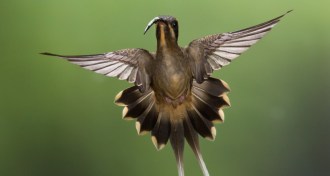 Life
LifeHummingbirds take stab at rivals with dagger-tipped bills
Sharp points on the bills of male long-billed hermit hummingbirds may have evolved as weaponry.
By Susan Milius